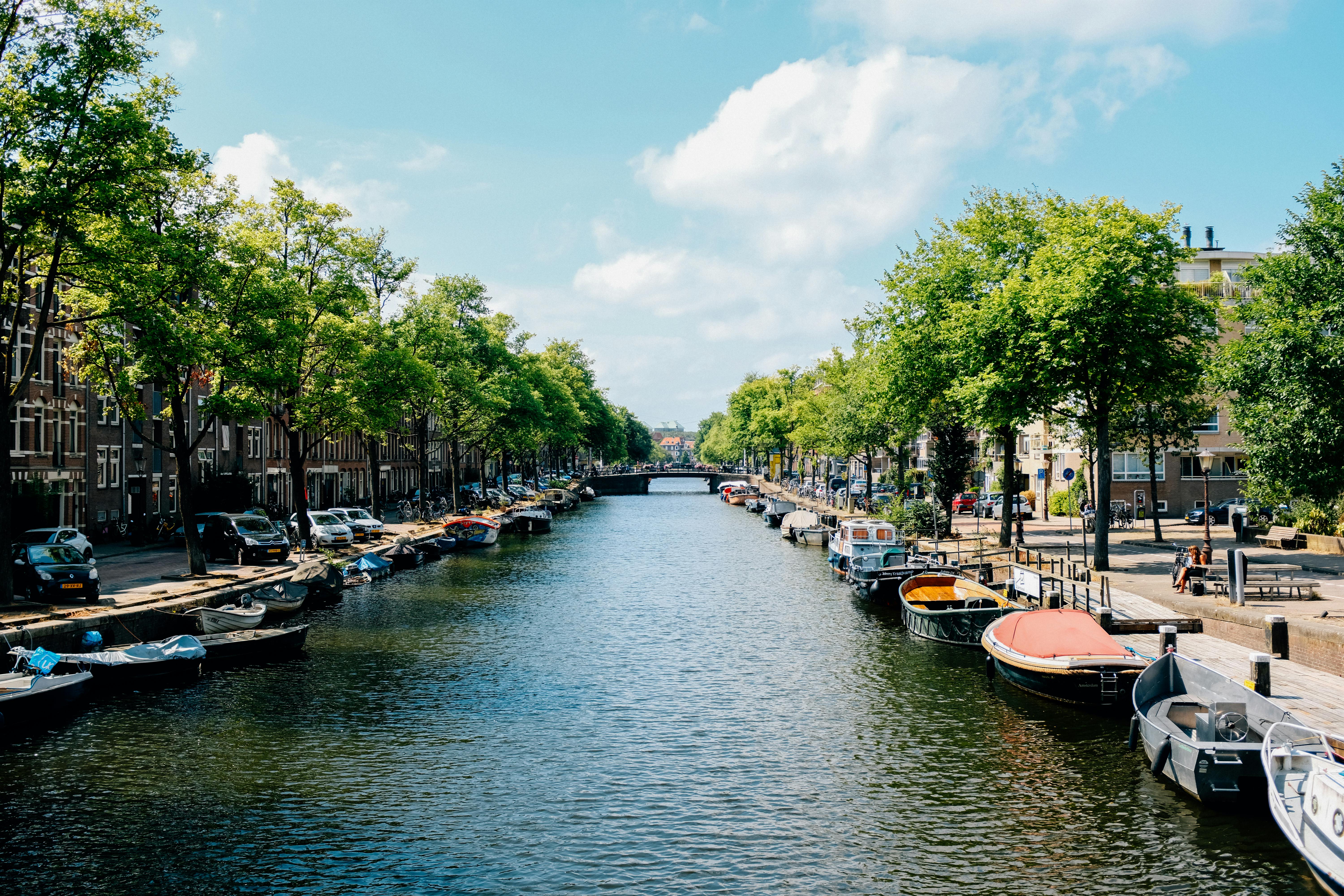
Discovering the Rich History and Culture of Lisbon: A Step-by-Step Guide
Discovering the Rich History and Culture of Lisbon: A Step-by-Step Guide
Step 1: Visit the Historic District of Alfama
One of the best ways to soak up the rich history and culture of Lisbon is by visiting the historic district of Alfama. This picturesque neighborhood is filled with narrow cobbled streets, charming old houses, and stunning views of the Tagus River.
Take a stroll through the maze-like streets, with each turn offering something new and exciting to discover. Be sure to visit the Moorish Castle, the Lisbon Cathedral, and the National Pantheon, all of which are located in Alfama.
Step 2: Explore the Belém District
Located just a few kilometers from Lisbon's city center, the Belém district is a must-visit for those interested in the city's maritime heritage. This district is home to the famous Jerónimos Monastery, a UNESCO World Heritage Site, as well as the Belem Tower, a symbol of Portugal's Age of Discovery.
While you're in the area, be sure to try the famous Pastéis de Belém, a delicious custard tart that has been made in the district for over a century.
Step 3: Take a Tram Ride Through the City
One of the most memorable experiences in Lisbon is taking a ride on one of the city's historic trams. Tram 28 is particularly popular, as it takes you through the city's most historic neighborhoods, including Alfama and Baixa.
Not only is the ride itself enjoyable, but it's also a great way to see the city's architecture and learn more about its history.
Step 4: Visit the Gulbenkian Museum
If you're interested in art and culture, the Gulbenkian Museum is a must-visit. This world-class museum is home to an impressive collection of European and Oriental art, as well as decorative arts and artifacts.
Be sure to stroll through the museum's beautiful garden, which is home to over 2,500 species of plants from around the world.
Step 5: Attend a Fado Performance
Fado is a traditional form of Portuguese music that has been popular for centuries. The music is known for its haunting melodies and soulful lyrics, which express the longing and sadness of the Portuguese people.
Many restaurants and bars in Lisbon offer Fado performances, with some of the best located in Alfama and Bairro Alto.
In conclusion, discovering the rich history and culture of Lisbon is a fantastic way to immerse yourself in Portuguese culture. By following this step-by-step guide, you'll be able to explore some of the city's most historic neighborhoods, taste its famous desserts, ride its historic trams, view its impressive art collections and end the day with soulful music and wine in hand!
